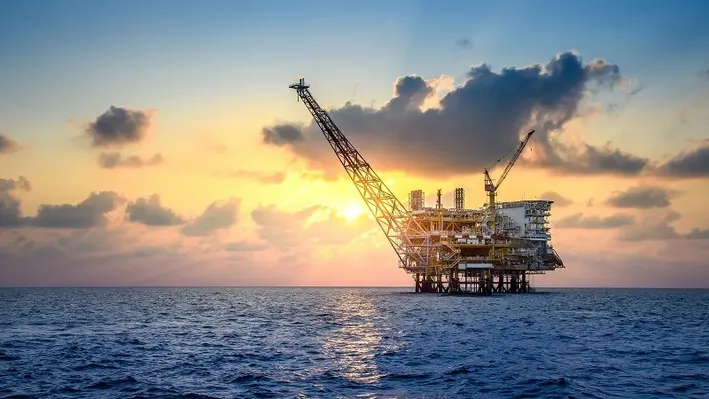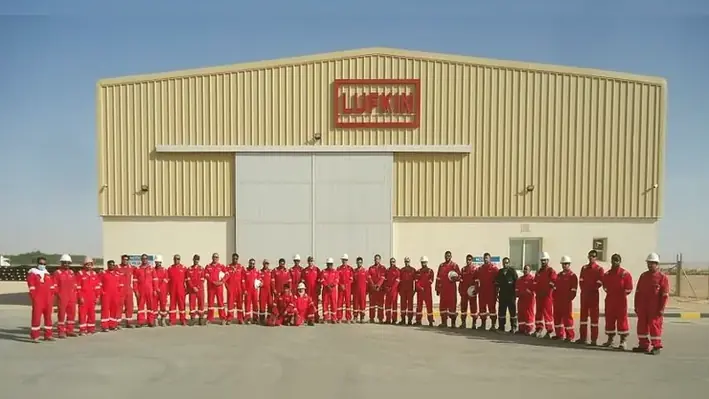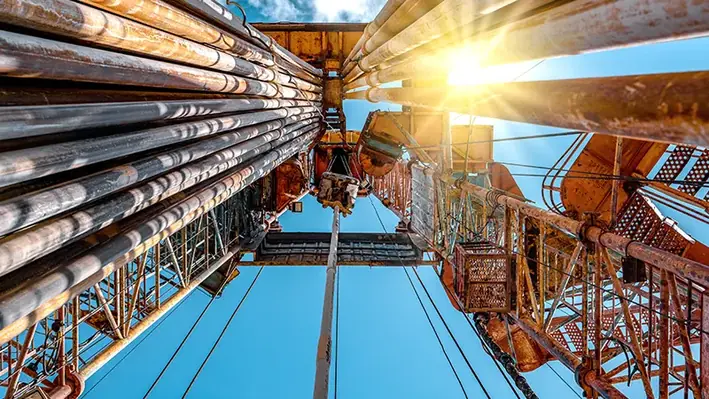 Over the past few years Latin America has positioned itself on the global stage as an emerging and critical industry across the well lifecycle that addresses the growing need to effectively and efficiently retire infrastructure once the well has reached end of life.
Over the past few years Latin America has positioned itself on the global stage as an emerging and critical industry across the well lifecycle that addresses the growing need to effectively and efficiently retire infrastructure once the well has reached end of life.
It has not been smooth sailing for the industry as the region has faced a series of complex challenges in light of the energy transition, however with environmental licenses by the Brazilian Institute of Environment and Renewable Natural Resources (IBAMA) becoming an integral factor in the materialisation of production interests and an overall increase in environmental awareness from across the industry, stakeholders and key industry players are embracing innovative well intervention methods and ensuring thorough end-of-life measures are in place.
Drivers of D&A
Looking primarily at decommissioning and abandonment (D&A) the main drivers of the market within Latin America are the expiration of production licenses, the need to comply with evolving environmental regulations, and the region’s increasing push toward sustainability. As many oil and gas reserves in the region begin to mature, particularly in major oil-producing countries such as Brazil, Argentina, and Mexico, companies are facing the reality of retiring older, less profitable fields.
The decommissioning process involves safely dismantling infrastructure and restoring sites to environmentally sound conditions. This is becoming increasingly important as Latin American countries adopt stricter environmental laws and regulations.
Beyond regulatory requirements, the economic necessity of decommissioning older fields and facilities also plays a pivotal role. As operational costs rise for aging infrastructure, many companies are opting to decommission older assets to refocus their capital on newer, more productive fields. Furthermore, as the region transitions toward cleaner energy sources, companies and governments must address the legacy of fossil fuel infrastructure, making decommissioning an essential part of the energy transition.
Challenges in the market
Despite the growth of the D&A market, there are several challenges that the region faces. One of the most significant obstacles is the lack of sufficient funding for decommissioning projects. Decommissioning offshore platforms or dismantling pipelines requires substantial financial investment, and in many cases, the financial burden can often be too much for operators to bare. In countries where oil and gas revenues are a major part of the economy, this financial challenge can become even more complex, as the state often has to step in to fund decommissioning in cases where operators are unable to pay for the safe removal of infrastructure.
Another challenge is the scarcity of local expertise and technology required to carry out these tasks. While the oil and gas industry in Latin America has a skilled workforce, decommissioning often requires new, specific training that many countries have yet to provide in sufficient numbers.
Additionally, the market’s development is hindered by regulatory uncertainty. Some countries in Latin America have evolving or unclear regulations around decommissioning, which can complicate long-term planning and investment decisions.
Looking to the future
Despite these challenges, the Latin American D&A market offers considerable opportunities. The region’s large and aging oil and gas infrastructure is a significant driver for decommissioning services. Countries like Brazil, Mexico, and Argentina offer substantial opportunities for international investment into D&A activities.
As the energy landscape shifts towards renewable energy, Latin American countries are emphasising sustainable decommissioning practices, focusing on environmental restoration, and waste management. This presents a chance for innovative solutions and technologies to be implemented on a wider scale.
International collaboration and partnerships are also becoming more common. Several multinational oilfield services companies, along with local firms, are forming joint ventures to navigate the region’s waters and overcome the financial challenges.




